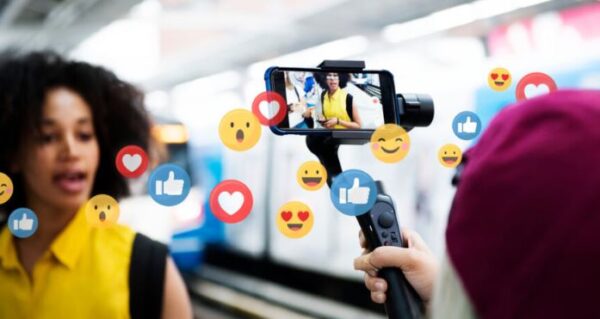The rise of influencer marketing has turned social media personalities into critical players in advertising, with South African influencers commanding significant fees for their work.
Rates vary widely, shaped by factors like follower count, engagement levels, and the type of content required, such as static posts, stories, or reels.
According to the recently released SA Influencer Report 2024, the average cost of a static post in South Africa is R4,354, while reels cost R7,335. These rates reflect the value influencers provide in terms of impressions, trust, and audience engagement, which often rival traditional advertising channels.
The influencer landscape is categorised into five tiers, with each group commanding different fees:
Nano Influencers (5,000–10,000 followers):
Static Post: R2,101
Reel: R3,229
Story: R1,198
Micro Influencers (10,000–50,000 followers):
Static Post: R2,736
Reel: R4,963
Story: R1,864
Mid-Macro Influencers (50,000–500,000 followers):
Static Post: R6,067
Reel: R10,633
Story: R3,376
Macro Influencers (500,000–1 million followers):
Static Post: R9,604
Reel: R18,096
Story: R6,406
Celebrity Influencers (1 million+ followers):
Static Post: R17,667
Reel: R34,333
Story: R10,833
These fees are subject to negotiation, with influencers often adjusting rates based on the content creation effort, brand deliverables, and campaign objectives.
Another pricing benchmark is the cost per thousand followers (CPTF), which averages R305 across all influencer tiers.
Nano influencers have the highest CPTF due to their niche audiences and higher engagement rates, averaging 4.55%.
By contrast, celebrity influencers charge as low as R1 per thousand followers, reflecting their broader but less engaged audience.
Reels command the highest rates, averaging R7,335, as they offer dynamic, visually appealing content that aligns with platform algorithms. Stories, while more affordable at R2,527 on average, remain a valuable tool for short-lived but impactful content, especially for product showcases and affiliate marketing.
Brands looking to collaborate with influencers should prepare for price variability and consider key factors like engagement rates and audience quality.
Trade exchanges are also popular, with 75% of influencers, particularly those in beauty and skincare, open to non-monetary compensation for high-value products or experiences.
